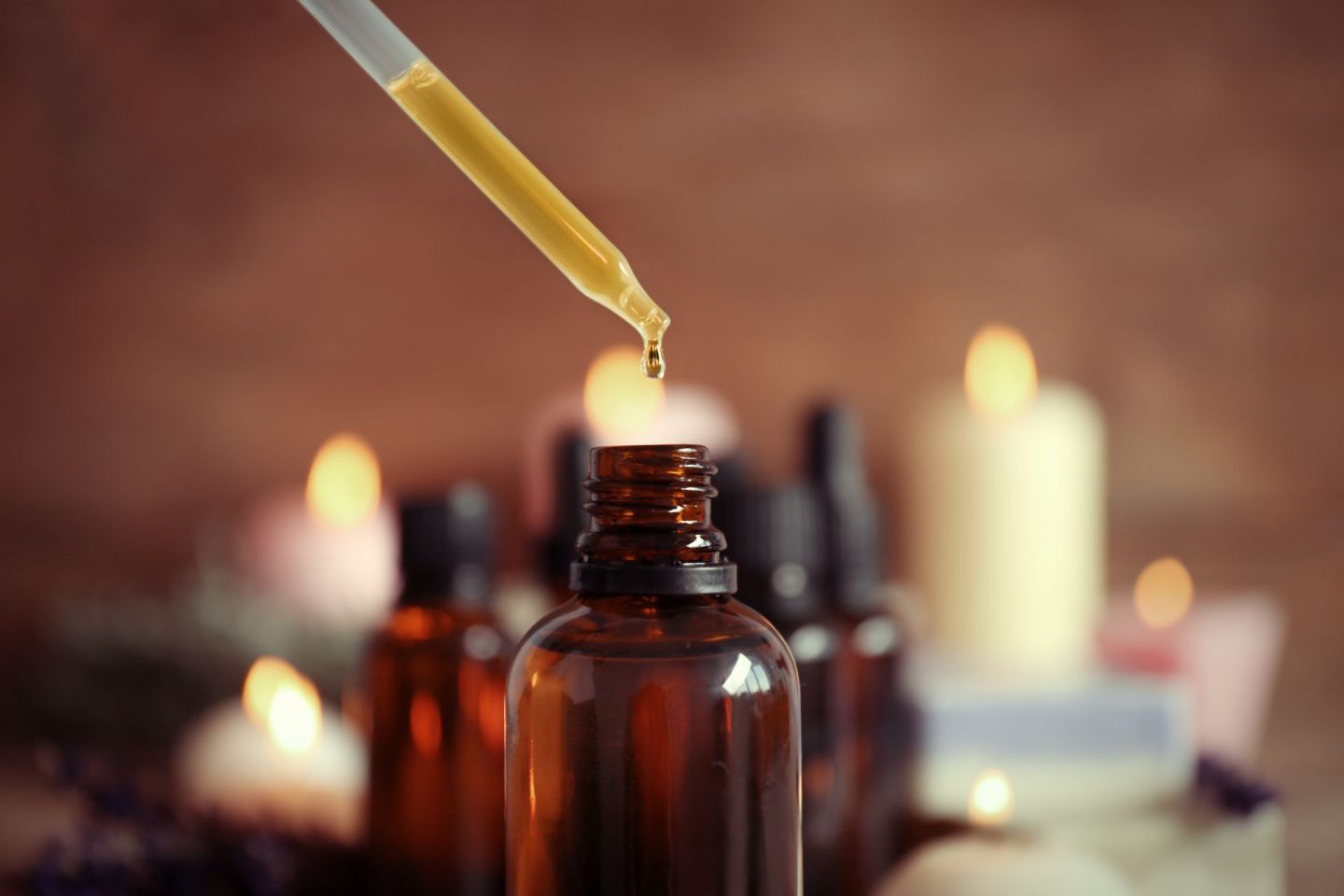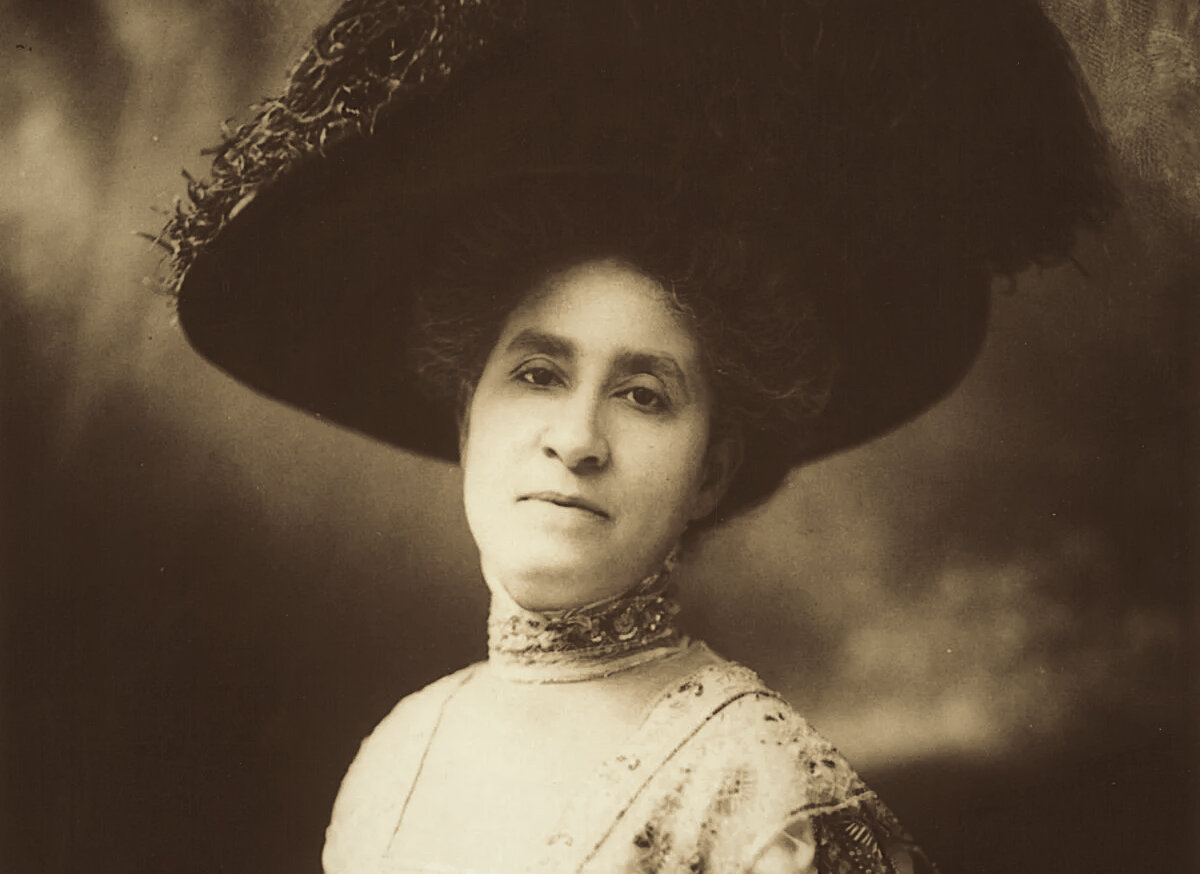
Face oils have become a popular addition to skincare routines, but what makes them so special? Face oils are packed with nutrients that can hydrate, protect, and nourish your skin. They can help balance oil production, reduce signs of aging, and even improve skin texture. But with so many options available, choosing the right one can be overwhelming. Face oils are suitable for all skin types, including oily and acne-prone skin. They can provide a natural glow and enhance the effectiveness of other skincare products. Ready to learn more? Here are 30 facts about face oils that will help you understand their benefits and how to use them effectively.
What is Face Oil?
Face oils have become a staple in many skincare routines. They offer numerous benefits, from hydration to anti-aging properties. Here are some fascinating facts about face oils.
-
Hydration Boost: Face oils provide an extra layer of moisture, sealing in hydration and keeping skin soft.
-
Natural Ingredients: Many face oils are derived from natural sources like jojoba, argan, and rosehip.
-
Anti-Aging Properties: Oils like rosehip contain antioxidants and vitamins that help reduce the appearance of fine lines.
-
Suitable for All Skin Types: Contrary to popular belief, even oily skin can benefit from face oils. They help balance natural oil production.
-
Quick Absorption: High-quality face oils absorb quickly into the skin without leaving a greasy residue.
Benefits of Using Face Oil
Face oils offer a range of benefits that can enhance your skincare routine. Let's explore some of these advantages.
-
Improves Skin Texture: Regular use of face oil can smooth out rough patches and improve overall skin texture.
-
Reduces Redness: Oils like chamomile and calendula have anti-inflammatory properties that can reduce redness and irritation.
-
Enhances Glow: Face oils can give your skin a natural, healthy glow by improving its overall health.
-
Protects Skin Barrier: Oils help strengthen the skin's natural barrier, protecting it from environmental damage.
-
Boosts Collagen Production: Some oils, like pomegranate seed oil, can stimulate collagen production, promoting firmer skin.
Types of Face Oils
There are various types of face oils, each with unique properties. Here are some popular ones.
-
Jojoba Oil: Mimics the skin's natural sebum, making it great for all skin types.
-
Argan Oil: Rich in vitamin E and fatty acids, perfect for dry and aging skin.
-
Rosehip Oil: Packed with vitamins A and C, ideal for brightening and anti-aging.
-
Marula Oil: High in antioxidants, excellent for hydrating and protecting the skin.
-
Tea Tree Oil: Known for its antibacterial properties, great for acne-prone skin.
How to Use Face Oil
Using face oil correctly can maximize its benefits. Here are some tips on how to incorporate it into your routine.
-
Apply After Moisturizer: To lock in moisture, apply face oil as the last step in your skincare routine.
-
Use Sparingly: A few drops are usually enough. Overuse can lead to a greasy feel.
-
Warm It Up: Rub the oil between your palms before applying to help it absorb better.
-
Massage Gently: Use gentle, upward strokes to massage the oil into your skin.
-
Mix with Foundation: Add a drop of face oil to your foundation for a dewy finish.
Common Myths About Face Oil
There are several misconceptions about face oils. Let's debunk some of these myths.
-
Oils Cause Breakouts: Not all oils clog pores. Non-comedogenic oils are safe for acne-prone skin.
-
Only for Dry Skin: Face oils can benefit all skin types, including oily and combination skin.
-
Too Heavy for Daytime: Lightweight oils can be used during the day without making your skin feel greasy.
-
Expensive Means Better: Price doesn't always reflect quality. Many affordable oils offer excellent benefits.
-
All Oils Are the Same: Different oils have unique properties and benefits. Choose one that suits your skin's needs.
DIY Face Oil Blends
Creating your own face oil blend can be fun and rewarding. Here are some ideas to get you started.
-
Hydrating Blend: Mix jojoba oil with a few drops of rosehip oil for a hydrating and anti-aging blend.
-
Calming Blend: Combine chamomile oil with calendula oil to soothe irritated skin.
-
Brightening Blend: Blend argan oil with a few drops of vitamin C oil for a brightening effect.
-
Anti-Acne Blend: Mix tea tree oil with jojoba oil to help combat acne and balance oil production.
-
Nourishing Blend: Combine marula oil with pomegranate seed oil for a nourishing and collagen-boosting blend.
Final Thoughts on Face Oils
Face oils offer a range of benefits for your skin. They can hydrate, nourish, and even help with anti-aging. Different oils cater to various skin types, so there's something for everyone. Jojoba oil mimics your skin's natural oils, making it great for oily skin. Rosehip oil is packed with vitamins and antioxidants, perfect for dry or mature skin. Argan oil is a versatile option that suits most skin types. Remember to patch test any new oil to avoid reactions. Incorporating face oils into your skincare routine can make a noticeable difference. Whether you're looking to combat dryness, reduce fine lines, or achieve a healthy glow, face oils can be a game-changer. Give them a try and see how your skin responds. Your skin might just thank you for it!
Was this page helpful?
Our commitment to delivering trustworthy and engaging content is at the heart of what we do. Each fact on our site is contributed by real users like you, bringing a wealth of diverse insights and information. To ensure the highest standards of accuracy and reliability, our dedicated editors meticulously review each submission. This process guarantees that the facts we share are not only fascinating but also credible. Trust in our commitment to quality and authenticity as you explore and learn with us.


